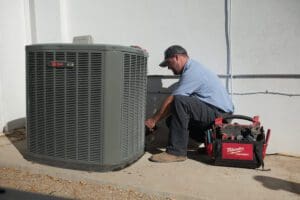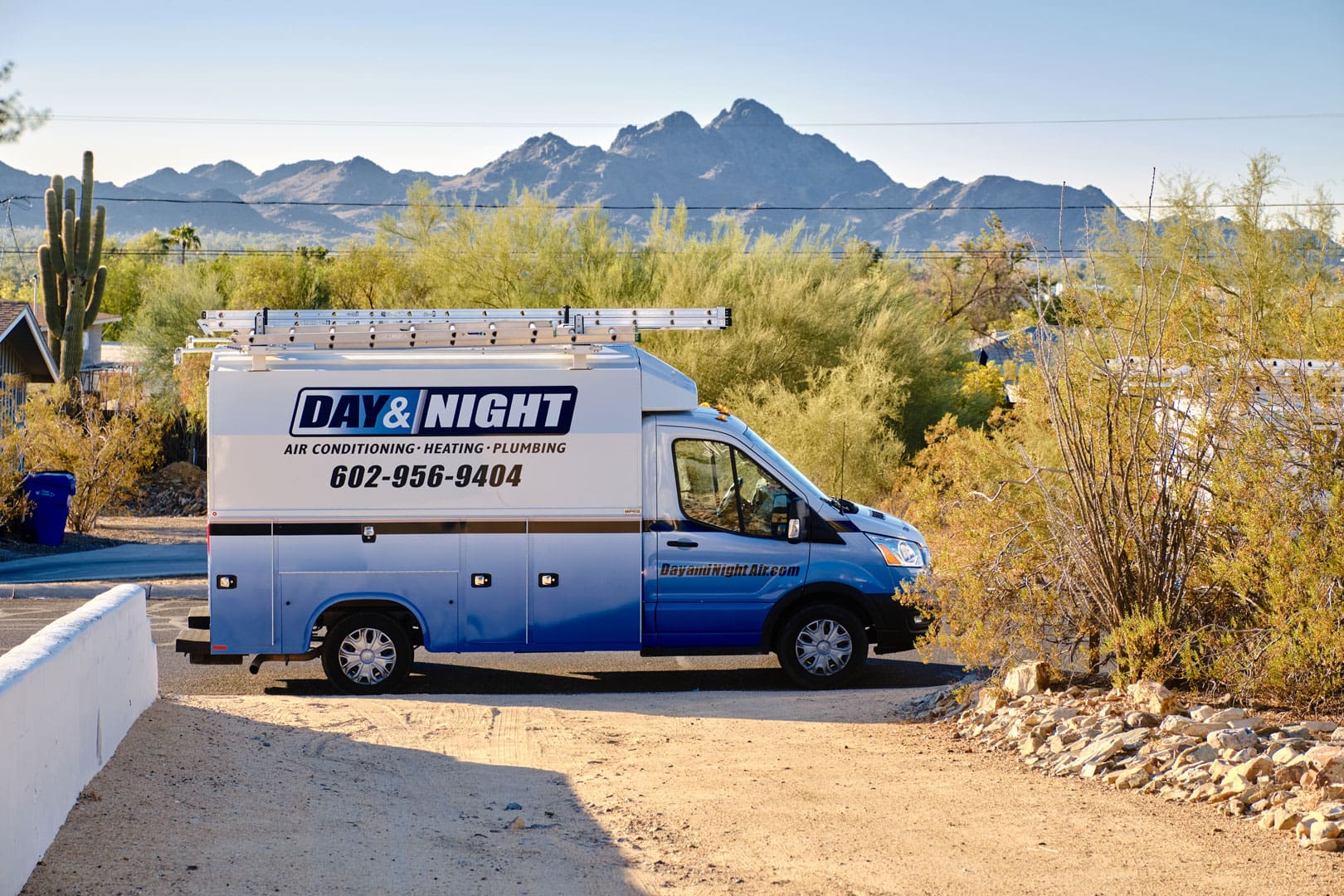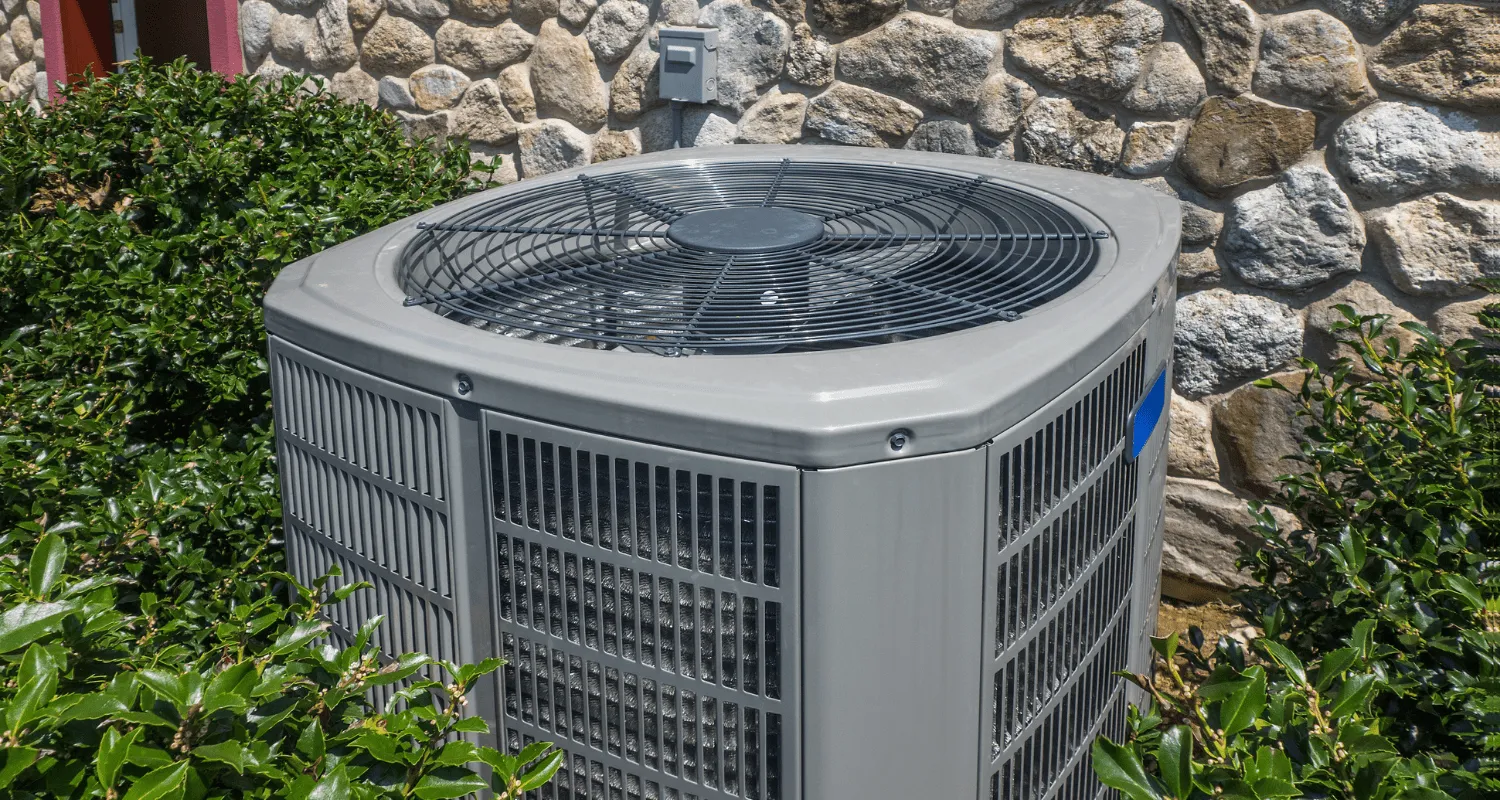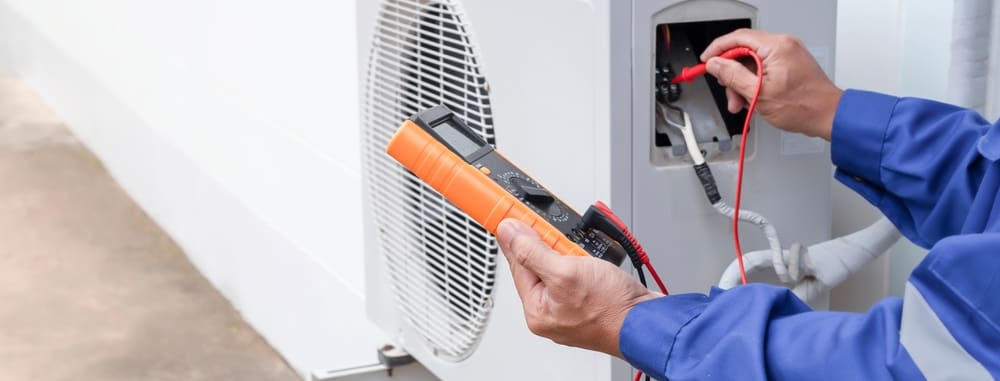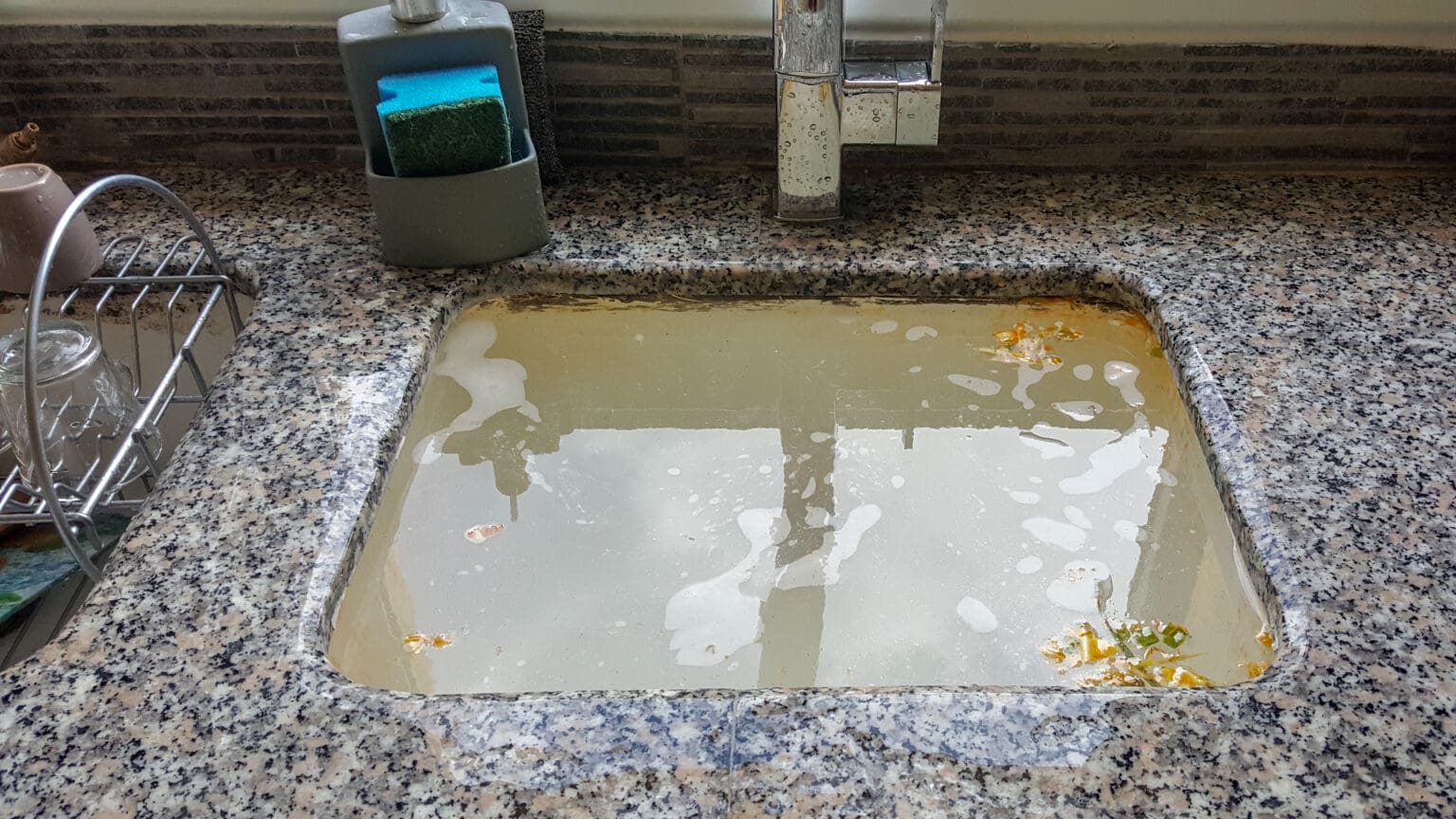In the 1970s, the government implemented new efficiency standards for air conditioning units. However, the best Phoenix ACs today use up to 50 percent less energy than those built decades ago making units that are just ten years old, 20 to 40 percent less efficient than the newer models of today.
If you are considering a new central air conditioner for your home, it is essential to find one with high efficiency. As units are rated according to the seasonal energy efficiency ratio (SEER), understanding what SEER measures and how to calculate your savings can assist you in making much better choices for your home’s needs.
Table of Contents
What is SEER
SEER is a ratio between the cooling output of a Phoenix air conditioner and the energy it uses; Similar to how the miles per gallon of your car are calculated. The highest SEER rating is 22 and the minimum standard of today is 13. A higher SEER rating generally equates to more energy efficiency, meaning utility bills equate to be much lower. In addition, the efficiency of your Phoenix air conditioning unit also depends on the size of your home, your ductwork, and other related conditions.
The Department of Energy has minimum requirements based on geographical regions. Here in Phoenix, you are required to have a minimum 14 SEER rating. As older units have an 8 or 9 rating, a minimum 14 SEER AC unit is highly efficient.
How do you know what unit to buy for your home? Is it worth investing in a higher SEER rated unit?
14 SEER vs 16 SEER 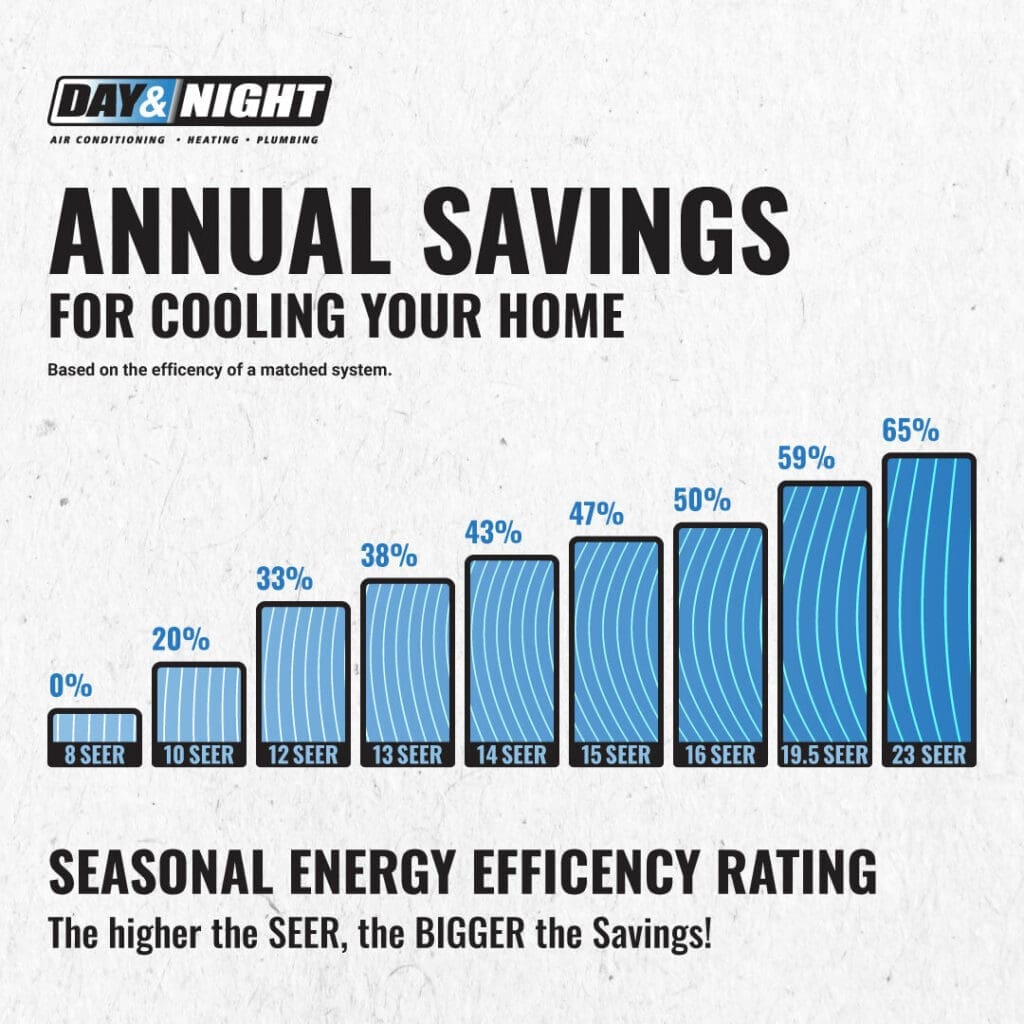
Choosing 14 SEER vs. 16 SEER is a complex decision. The first thing to know is that a 16 SEER AC unit uses about 13 percent less energy than a 14 SEER unit. In layman’s terms, for every $100 you spend with a 14 SEER AC unit, you would only spend about $87 with a 16 SEER unit. However, calculating your savings depends on the size of your unit and how much cooling you do each year.
One of the critical differences that cause savings amongst 16 SEER energy users is that the units have a two-stage compressor, meaning the unit adapts to conditions within your home rather than having to run at full speed or shut off. The unit can run quieter and for more extended periods of time, reducing the humidity in your home over time which is often the reason you feel uncomfortable. With that being said, a 16 SEER AC unit will probably cost more to install, so it is essential to look at the numbers carefully.
SEER Energy Savings Calculator
Let us take a look at estimating the energy savings between 14 SEER vs.16 SEER. First, we are going to calculate the yearly electric use of each AC. Use this formula:
(Size of AC system X 12,000) / SEER X (average number of hours you’ll use your AC each year) = amount of Watt-hours used each year.
Most AC units in Phoenix are 3 tons. The DOE estimates that most people in Phoenix use their AC about 2,100 hours annually. This gives us the following equations:
14 SEER – (3*12,000)/14 x 2100= 5,400,000
16 SEER – (3*12,000)/16 x 2100 = 4,725,000
Step 2: find the difference between the two:
14-SEER use – 16-SEER use = Energy savings
5,400,000 – 4,725,000 = 675,000 Watt-hours saved annually.
Step 3: Calculate savings into dollars
Electric companies charge by the kiloWatt-hour. Convert Watt-hours to kWh by dividing the number by 1,000. i.e. 675,000/1,000 = 675 kWr. The average residential cost of electricity in Phoenix is 12 cents per kWh. Multiply the rate of electricity by the amount of kWh. 675 x 0.12 = $81. You’d save about $81 dollars annually by choosing the 16 SEER unit. But you should also consider the initial investment into your AC.
Is a 16 SEER unit worth that? The answer depends on two things. First, you should determine how long you plan to be in your home. It also depends on the cost difference between the two units. If the cost difference between the two units is $1,000, you’d have to be in your home 12 years or more to see significant savings. ($81 x 12 years = $972 in savings).
Unfortunately, tax credits for 16 SEER units ended in 2017, but you may find manufacturer’s rebates or utility savings. For example, SRP offers a $400+ incentive for purchasing a 16 SEER or higher HVAC unit. You should take this into account when calculating your savings. A $400 incentive would make installing a 16 SEER unit more cost-effective in the long term.
The Importance of Phoenix Energy Efficient AC Units
Although energy savings are usually the most significant benefit of a Phoenix energy-efficient AC system, there are many other benefits. Additional advantages to efficient air conditioning include:
- Reduce your carbon footprint. A Phoenix energy savings air conditioner is better for the environment because it produces fewer greenhouse gasses than its predecessors.
- Improved climate control in your home. Newer AC units have many more capabilities, including programmable thermostats, zoning for optimum comfort, and better cooling abilities.
- Quieter units that fit seamlessly into the home. Newer high-efficiency AC units are designed to run smoother and better.
Find other ways to maximize your savings with temperature control, sealing vents, and insulating your ducts. You can get long-lasting results by working with a professional Phoenix contractor. Don’t waste energy by cooling rooms that are not occupied. Your newer AC unit should have an extended lifespan over your older one. Newer units are designed to run more efficiently. When you keep up with maintenance, your unit is designed to need less repair work.
The air quality of your home should improve because it will be more consistent. This should help prevent mold and mildew from forming and clear out more contaminants.
How to Make Your Phoenix AC More Efficient
If your current AC unit is not ready for an upgrade, there are things you can do to keep your system operating at its best. The U.S. Department of Energy recommends the following:
- Replace or clean your air filters regularly.
- Have your AC evaporator coil cleaned and checked annually.
- Clean debris away from the fan, compressor, and condenser.
- Keep the drain channels clean to prevent clogs.
- Hire a professional when your unit needs repairs.
To save money on your cooling costs, the U.S. Department of Energy recommends:
- Use a programmable thermostat.
- Use fans to stay comfortable.
- Make sure your attic and walls are well-insulated.
- Seal cracks and ducts to prevent cool air from leaking out of your home and warm air from seeping in.
- On hot days, don’t heat your home with appliances. Use your outdoor grill instead of cooking with an oven inside. Dry clothes at night when the temperatures are cooler.
- Use energy efficient window coverings that prevent solar heat gain while still allowing light into your home.
- Use your bathroom fan and range fan to remove heat and humidity from your home while you’re showering or cooking.
Find The Best Phoenix AC Unit For Your Home
Choosing a brand new air conditioner is a complex process. Selecting a unit that is too big or too small for your home will increase your utility costs and decrease your comfort. Luckily, our team of professionals offer reputable air conditioning installation services in Phoenix, Arizona and the surrounding areas. For assistance on selecting the best AC unit for your home, contact Day and Night Air today!


